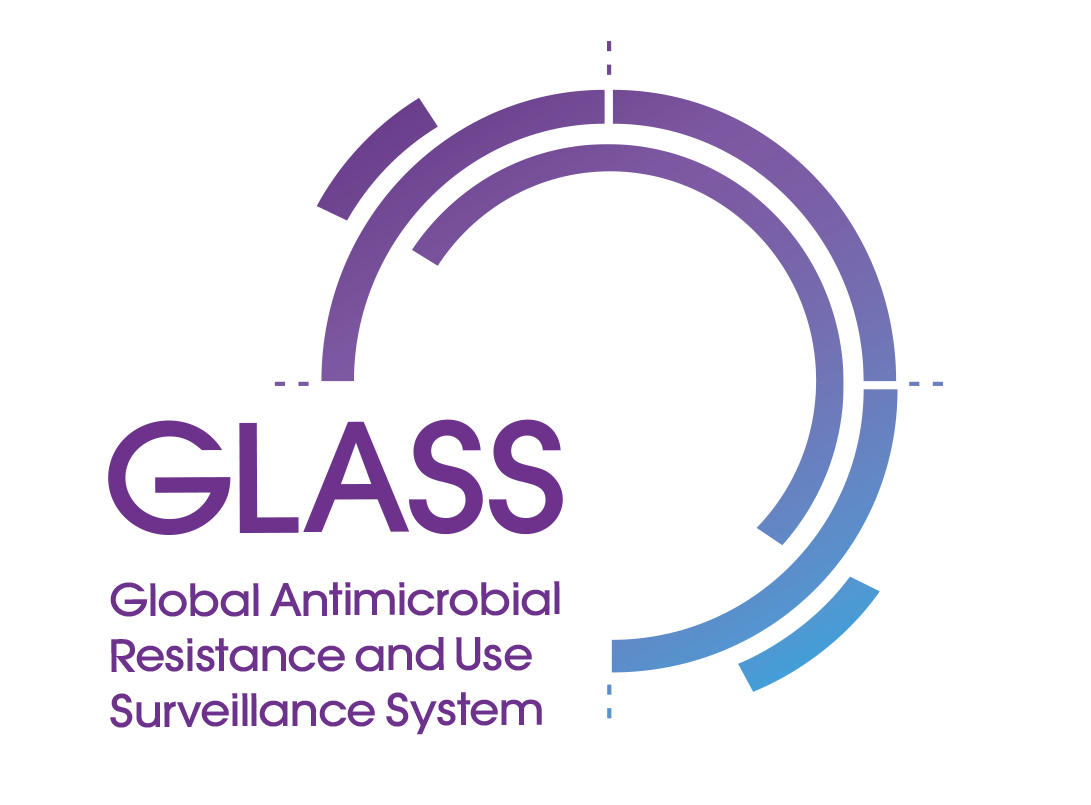A laboratory technician examining sample using microscope in Nowshera district in Pakistan
Strengthening bacteriology and mycology diagnostic capacity
The Antimicrobial Resistance (AMR) Diagnostic Initiative, led by the AMR department, aims to position diagnostics at the forefront of the global response to AMR. The initiative focuses on strengthening bacteriology and mycology diagnostic capacity, enhancing laboratory systems, and improving service delivery across all levels of the health system, with a particular emphasis on low-resource settings.
Key objectives include ensuring equitable access to quality-assured diagnostics and promoting their appropriate use to support patient management, antimicrobial stewardship, infection prevention and control, outbreak investigations, and AMR surveillance.
Areas of focus include:
- A strategic and operational framework to assist Member States in strengthening bacteriology and mycology laboratory services. The framework will include a list of essential tests for bacterial and fungal infections and AMR required at different levels of the health system. Additionally, it will provide a toolkit of with adaptable standard operating procedures to enhance quality testing for bacteriology and mycology;
- Assessment framework comprising standardized assessment tools for monitoring and reporting bacteriology and mycology laboratory services capacity at national and global levels;
- Global AMR Laboratory Network, including laboratories designated by WHO for bacteriology, mycology and susceptibility testing at national, supranational and specialized level; and
- Research and innovation to improve precision, speed, and usability of diagnostic tools for AMR, including the standardization and harmonization of genomic approaches and generation of Target Product Profiles for new diagnostics.

/surveillance-prevention-and-control-(spc)/laboratory-amr-pakistan.tmb-479v.jpg?sfvrsn=848f20e6_1)
